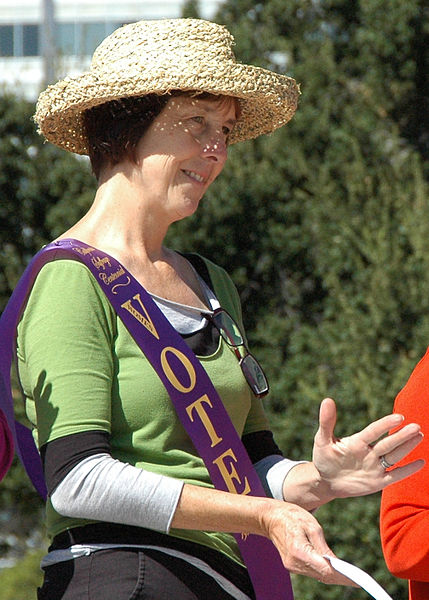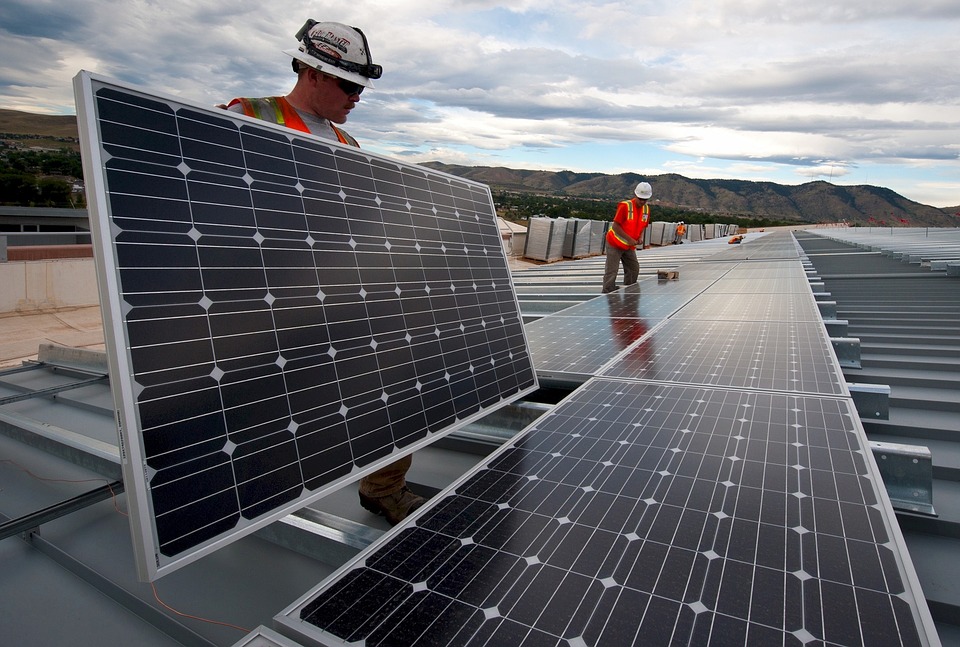Two Key Updates to California Property Assessed Clean Energy (PACE) Programs
In today’s post, we’ll go over two new pieces of solar legislation that were recently signed into law by Governor Jerry Brown. The two new bills cover ways in which consumer protections will be increased for the California PACE financing programs.
Before jumping into each of these bills, let’s take a step back and remind ourselves why the PACE programs are important.
PACE Financing
Property Assessed Clean Energy, or PACE, is a program that allows private investments to fund improvements to residential and commercial buildings. PACE financing focuses on energy efficiency, water efficiency and renewable energy projects and can cover up to 100% of the project’s cost.
The residential and commercial property owners who use PACE will opt in to pay their loans back as a voluntary property tax assessment through their existing property tax bill. The program is legislated at the municipal level and operates in 44 cities and counties across California as well as in 34 other states. Individuals in the appropriate districts can take advantage of this program to both reduce their carbon footprint and save money in the long-term.
The first commercial and residential PACE programs in California were established in 2008. Since then, over 150,000 California homeowners have used this program. Although PACE had been mainly successful, there were some issues in the ways that the program was implemented. These issues, among others, led to new rules and guidelines for the PACE program. The following two bills are the most recent examples of this.
1) Senate Bill 242
Senate Bill 242, authored by Senator Nancy Skinner (D-Berkeley), focuses on strengthening consumer protections for California’s PACE financing programs. The goal of this bill is to ensure that borrowers are fully aware of the terms of the loans that they are taking out.

In the past, Individuals had expressed concern over the ways that the PACE financing was represented to them. SB-242 addresses this by mandating PACE providers have calls with all homeowners before they take out their loans. These calls would allow the lenders to clearly represent the details of the loans while also gaining confirmation of the borrower’s understanding.
Lastly, SB-242 restricts the lender’s ability to offer kickbacks or other marketing incentives given to contractors. This is important because it forces lenders to adhere to strict regulations in the ways that they can lend. A lack of regulation in the past allowed lenders to offer these loans to individuals who may not have been qualified. In some cases, these loans didn’t even require underwriting or credit approval. SB-242 fills these gaps by focusing on transparency and consumer awareness.
2) Assembly Bill 1284
The second bill signed into law by Gov. Brown is Assembly Bill 1284. Introduced by Assemblymember Matthew M. Dababneh (D-Encino), AB-1284 relates to California financing laws and includes additional requirements to help guarantee that borrowers can repay their loans. The bill dictates that lenders must make a “reasonable good faith effort” to ensure this and must take into account the borrower’s income, assets, and current debt obligations.
AB-1284 additionally sets new standards for how contractors are trained about PACE, how they can market it, and establishes a three-day right to cancel. Similar to SB-242, the conditions of the Assembly bill will help prove that a borrower knows what they are getting into, and if they misunderstood something, they now have the ability to rescind their financing within 3 days.
The last stipulation in Dababneh’s bill gives the California Department of Business Oversight new regulatory authority over PACE providers. This department will now monitor and make sure that these new protections are being implemented for consumers.

Regulation and Improvement
There is no denying that the PACE financing programs in California have been a success. As with any system, however, there are always areas for improvement. Senate Bill 242 and Assembly Bill 1284 are two ways that the PACE program’s flaws are being addressed.
California has been at the forefront of innovation in the effort to achieve its renewable energy and energy efficiency goals. PACE is an example of how it leads the nation in this endeavor.
Major steps have been made to increase protections for consumers this year in California. With these two new bills, CA has enabled PACE to continue to expand appropriately. SB-242 and AS-1284 should serve as examples for what other states can and should do moving forward.





